
Opinions
16:08, 25-Oct-2017
Policymakers on China: Respect-worthy, confident and active
By CGTN’s Dialogue
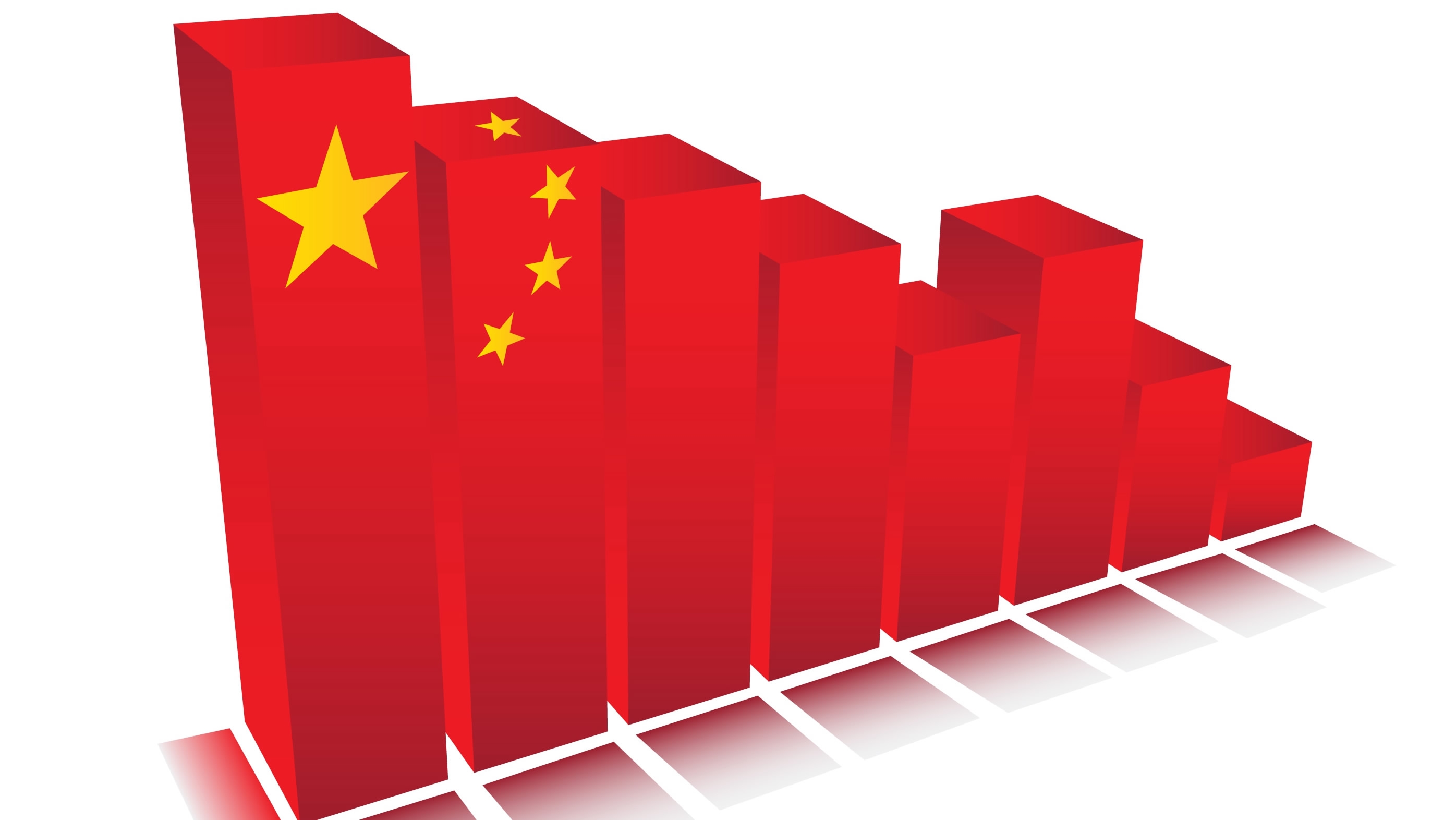
Many in the West have questioned the ability of the Communist Party of China (CPC) to guide the country towards economic prosperity. Reality has proven them wrong. Under the leadership of the Party, China became not only a model of economic success but also a major player on the global stage. Policymakers and analysts have taken note of China’s increasing contribution to different regions of the world and are calling on skeptics to change their perceptions of a country that excels in beating the odds.
The Economist has recently called General Secretary of the CPC Central Committee Xi Jinping “the world’s most powerful man” – this might have come as a shock for some, but Senior Fellow at Washington-based Global Policy Institute Martin Sieff is not the least surprised.
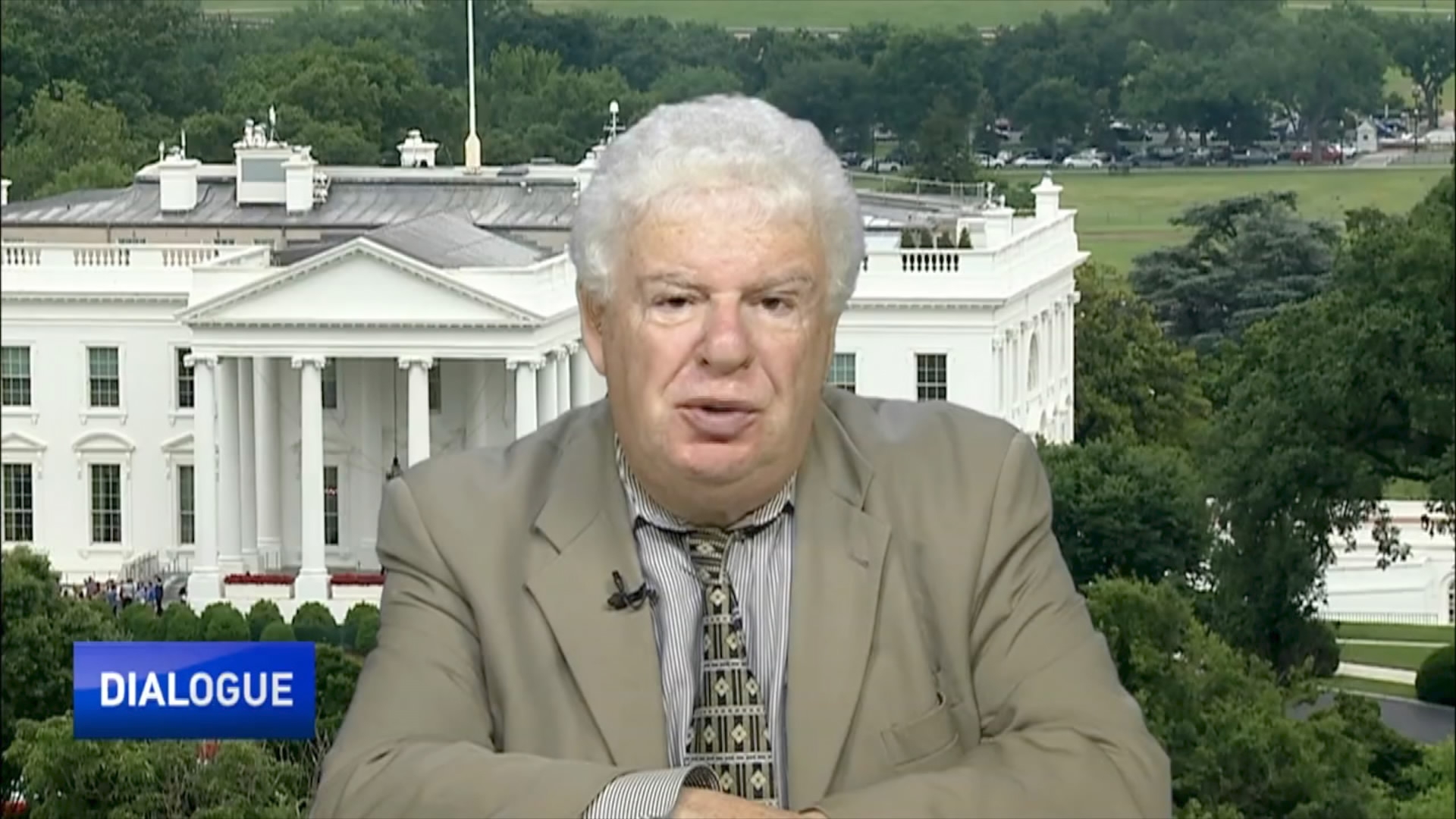
“China is in a much healthier balance of trade situation than the US. It is in a much healthier fiscal situation than the US. It has a greater potential for growth. It has a greater and much healthier concentration of manufacturing industry than the US,” he told Dialogue on CGTN.
“In the world we are entering in the coming decade, it is not going to be the world of a single hyper power dominated only by the US. The US must treat China as an equal,” he added.
The 19th CPC National Congress will be of “profound significance” not just for China, but the rest of the world, Sieff noted, hailing the Chinese way of building its economy.
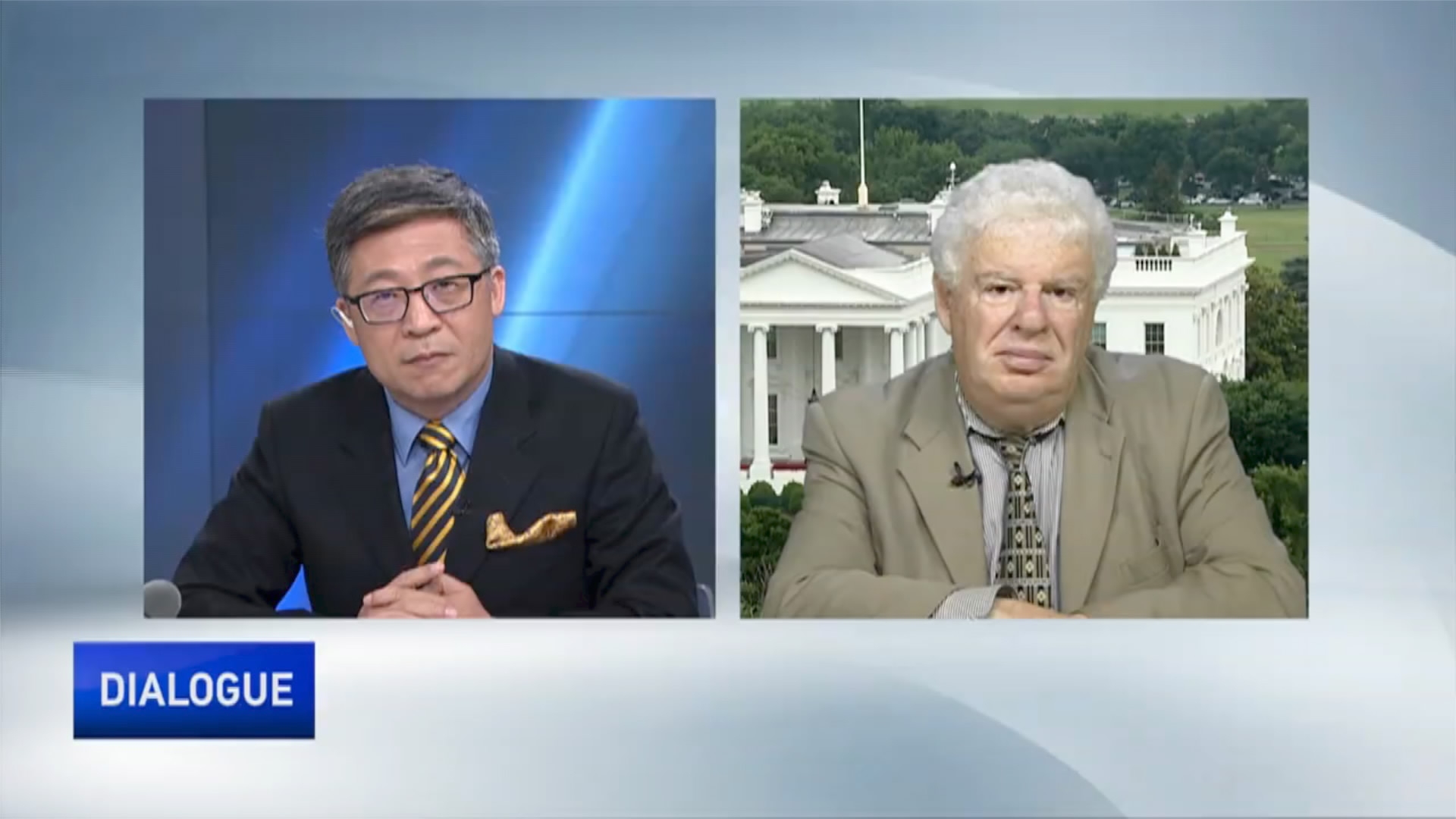
“What we see is an alternative economic model to the US model of utterly deregulated and much more chaotic capitalism. And the Chinese model has been working,” he noted, highlighting China’s hand in the economic growth of other regions from the Sub-Saharan Africa, to the Middle East and as far afield as Latin America.
“It has a great significance for the economic development of the world in the coming generation,” Sieff declared.
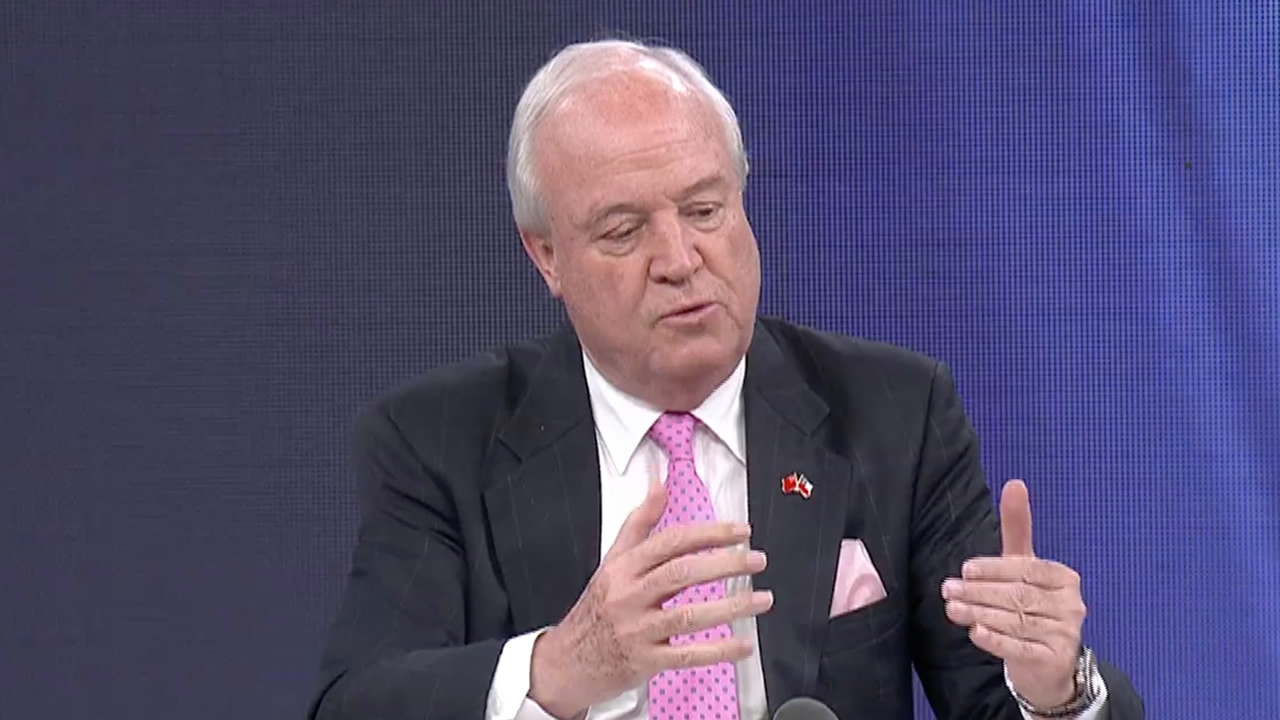
For his part, Chilean Ambassador to China Jorge Heine dissected the qualities China possesses in the new era, which Xi spoke about in his report at the opening session of the 19th Party Congress.
China is relating in a “new way” to the rest of the world, the diplomat said, noting that its participation in global issues has been increasing as it becomes “more self-assured, projecting its interests in a way that it didn’t do in the past.”
Rong Ying, vice president of the China Institute of International Studies, echoed Heine’s views about China’s growing international role.
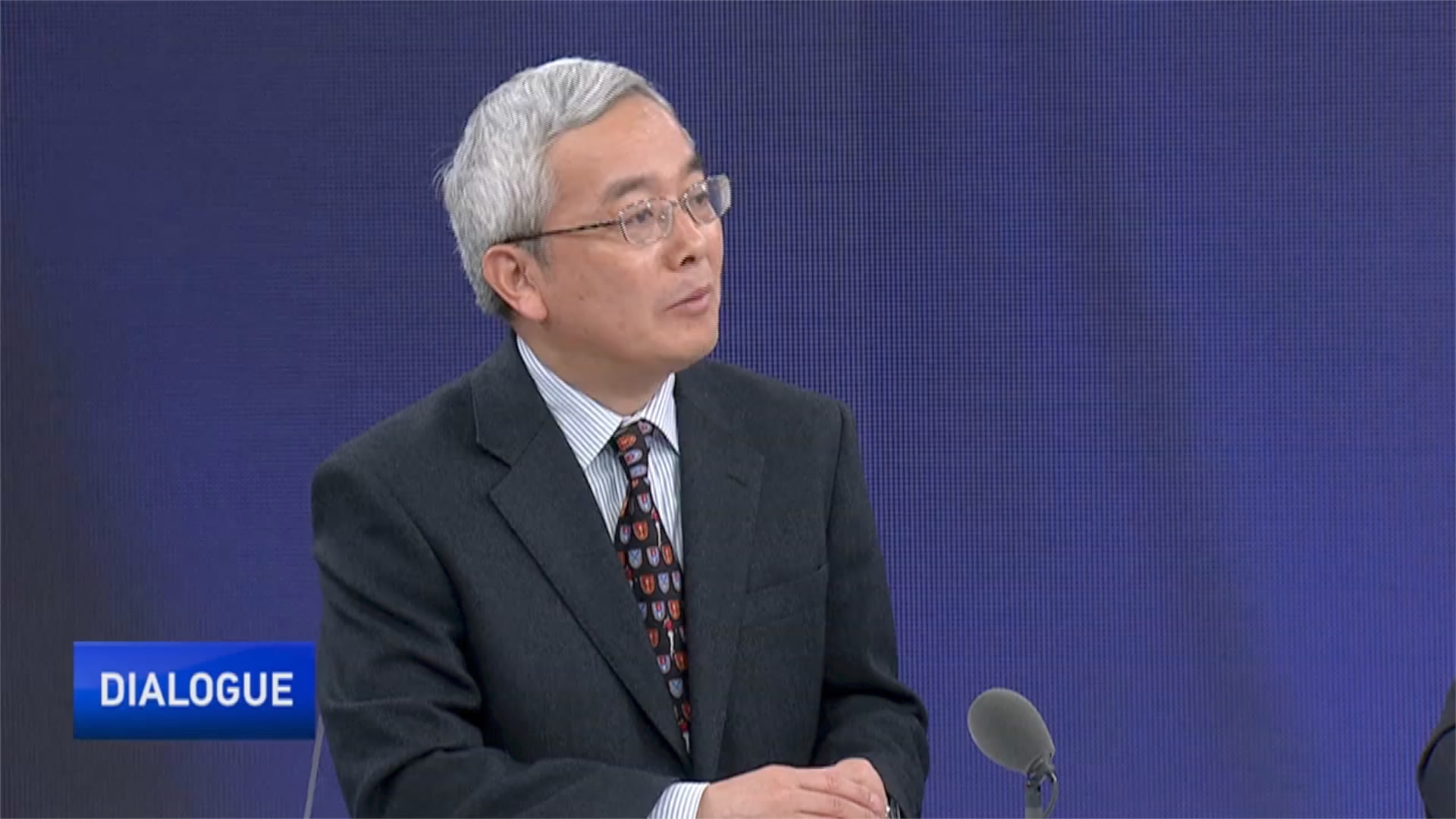
“China is now the most active and positive force for global governance. Look at the past few years, China has been actively putting forward proposals and initiatives. And more importantly, China is making contributions to regional and global development.”

SITEMAP
Copyright © 2018 CGTN. Beijing ICP prepared NO.16065310-3
Copyright © 2018 CGTN. Beijing ICP prepared NO.16065310-3